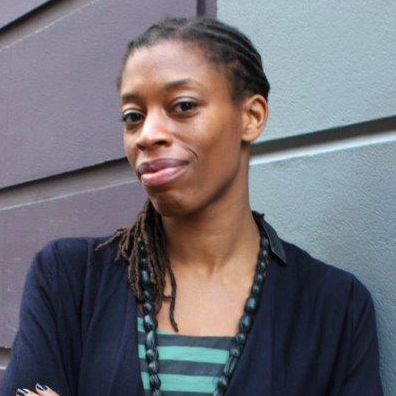As the shape of teamwork shifts and changes, so is the way we’re thinking about it. More of us are working in and across teams and remote working is on a rapid rise, forcing us to reconsider how we stay connected and productive. The words we now use to describe teams – self-organising, autonomous, fluid, temporary, multi-disciplinary – indicate a more flexible, and often fast-paced, approach.
 Alison Coward, Founder, Bracket; alison@bracketcreative.co.uk
Alison Coward, Founder, Bracket; alison@bracketcreative.co.uk
Alison will be speaking at the 10th Annual Business Analysis Conference Europe, 24-26 September 2018 on the subject; Initiating and Leading Collaborative Projects
Teams have always been an important feature of the workplace, but they are starting to look different. We need a new understanding of what makes them work, how to build them and how to keep them going.
Here some ideas:
1. Start with the individual
Each team member will have their own style of working, set of skills and expertise. When combined with others, it’s this that helps the team to create its unique culture and ways of working. If every team member has a clear self-awareness of how and when they do their best work, it’s easier to create these team norms. Exercises like creating user manuals can help with this.
2. Collaboration is a skill
Like any other skill, collaboration can be learned and developed (and research shows that teamwork training can be highly effective). Approach collaboration with a growth mindset – the view that you can improve as a team – and practice and experiment with new ways of working together.
3. Great teams are designed
When we take a conscious look at many of our team habits, we may find that they’re hindering our productivity and creativity. The good news is that we can actively design for the behaviour that we want, whether that’s when and how we meet, how we share information and even the spaces we work in. We can use creative thinking to build better methods for collaboration.
4. Teamwork needs productive conflict
Conflict in the workplace can be uncomfortable, but in healthy teams, the right type of conflict leads to high performance and innovation. The differences that come by bringing diverse expertise and backgrounds together can lead to better results – team members challenge each other, push outside of comfort zones and learn from each other to create something new.
5. Facilitation is a superpower
In addition to helping us run better meetings and workshops, facilitation is also an increasingly important skill for the future of work. As we need to lead through more uncertainty, we need to guide teams through solving complex problems, without getting in the way. Taking a facilitative approach enables us to balance individual input with collective outcomes, design effective collaborative processes and create the space for everyone to contribute and do their best work.
The changing nature of the workplace means we need to also approach the way we work together in new ways. How are you thinking differently about teamwork?
Alison Coward is the founder of Bracket and author of “A Pocket Guide to Effective Workshops”. She is a strategist, trainer and workshop facilitator. With over 15 years’ experience of working in, leading and facilitating creative teams, Alison is passionate about finding the perfect balance between creativity and productivity. At Bracket she helps teams to use the best of their talents to develop great ideas and collaborate to make them happen.
Copyright Alison Coward, Founder, Bracket


